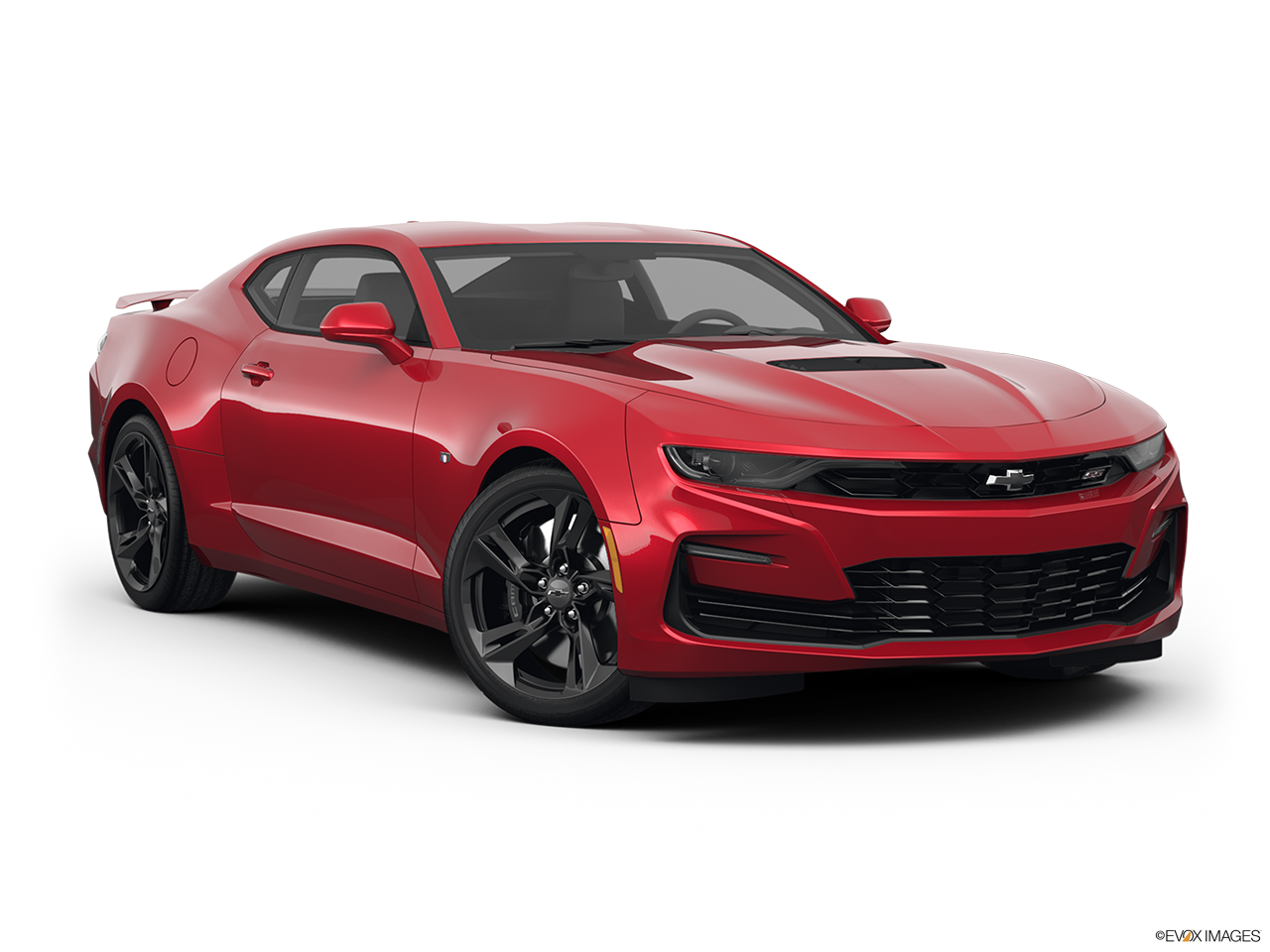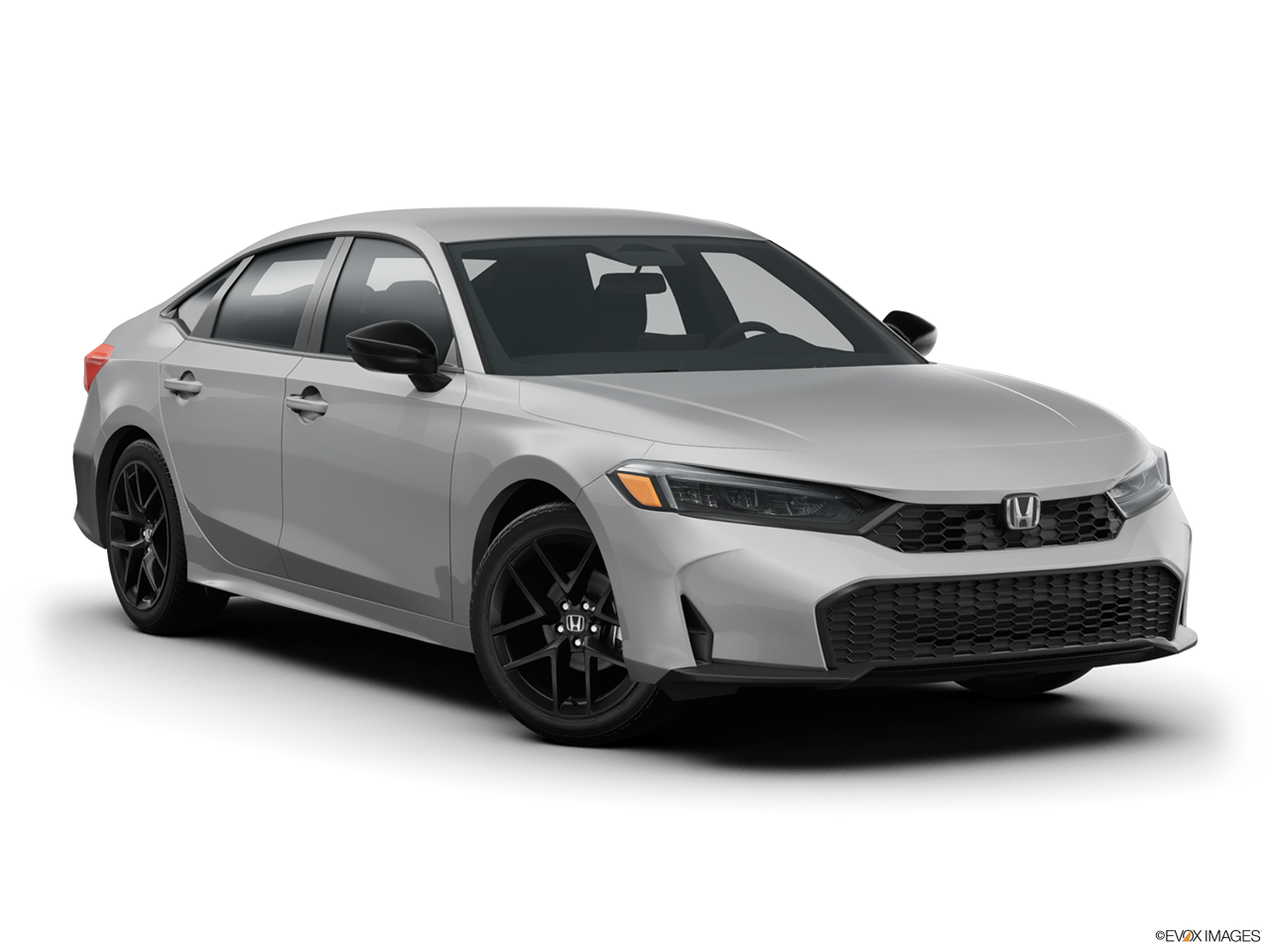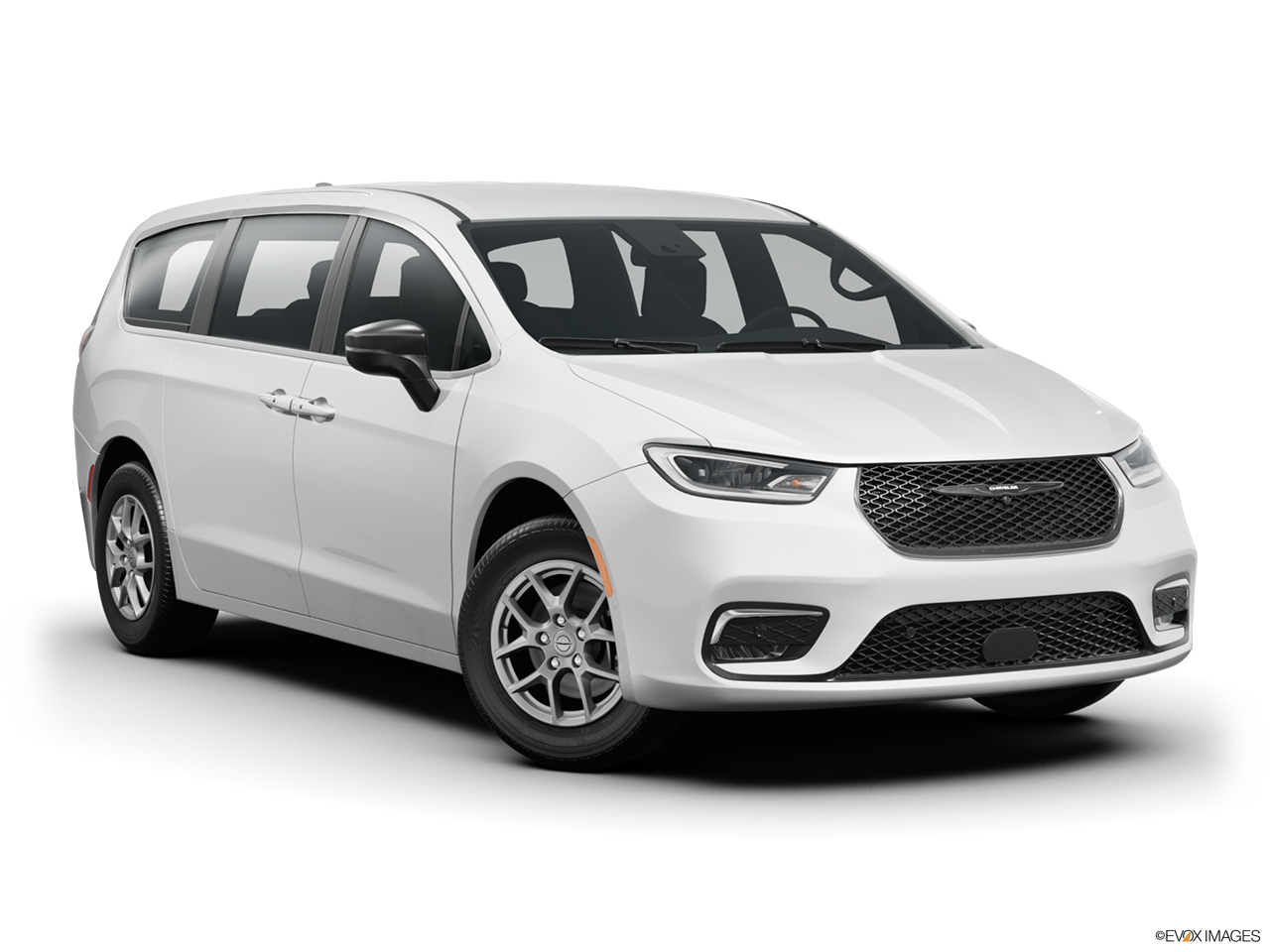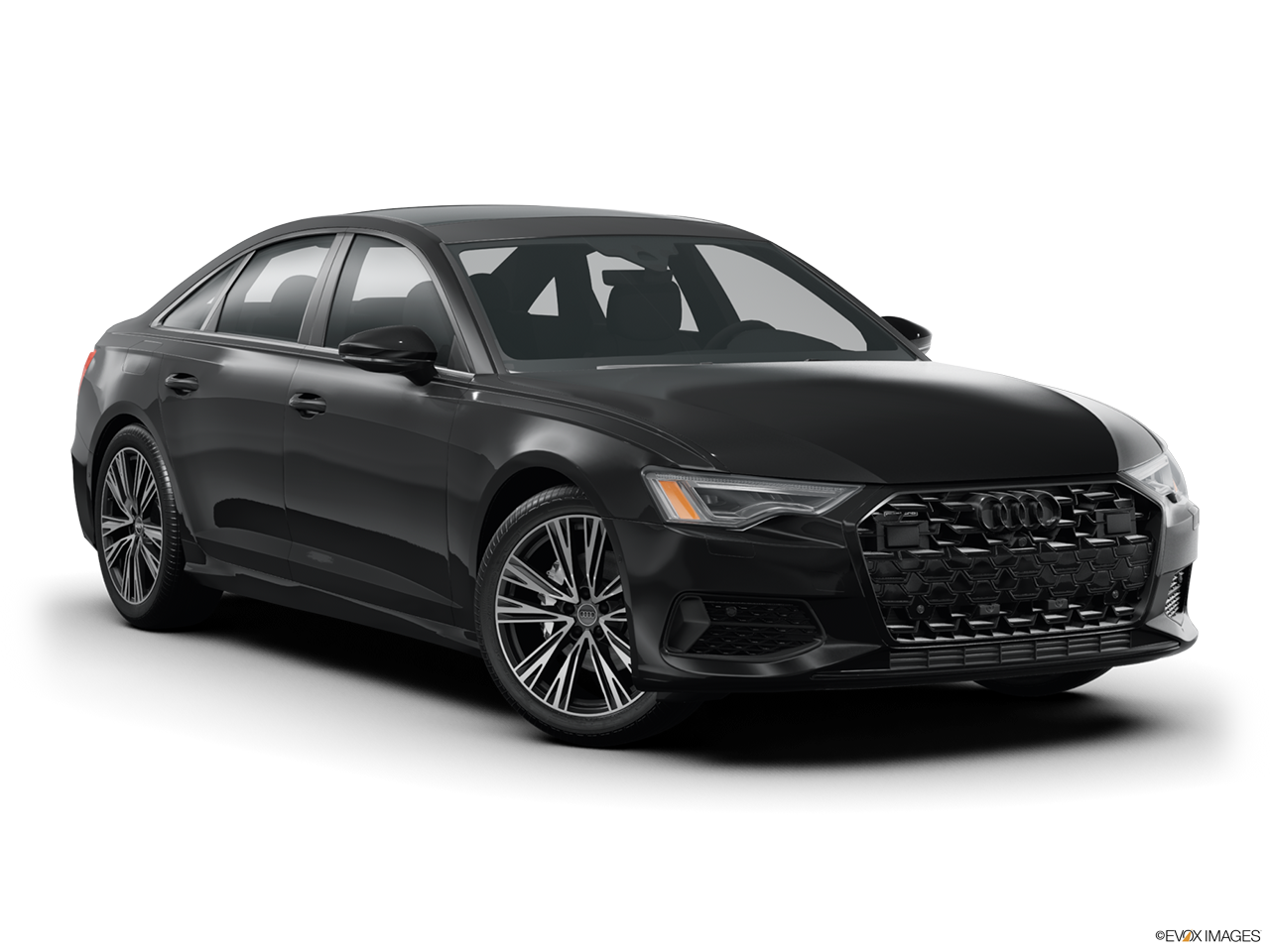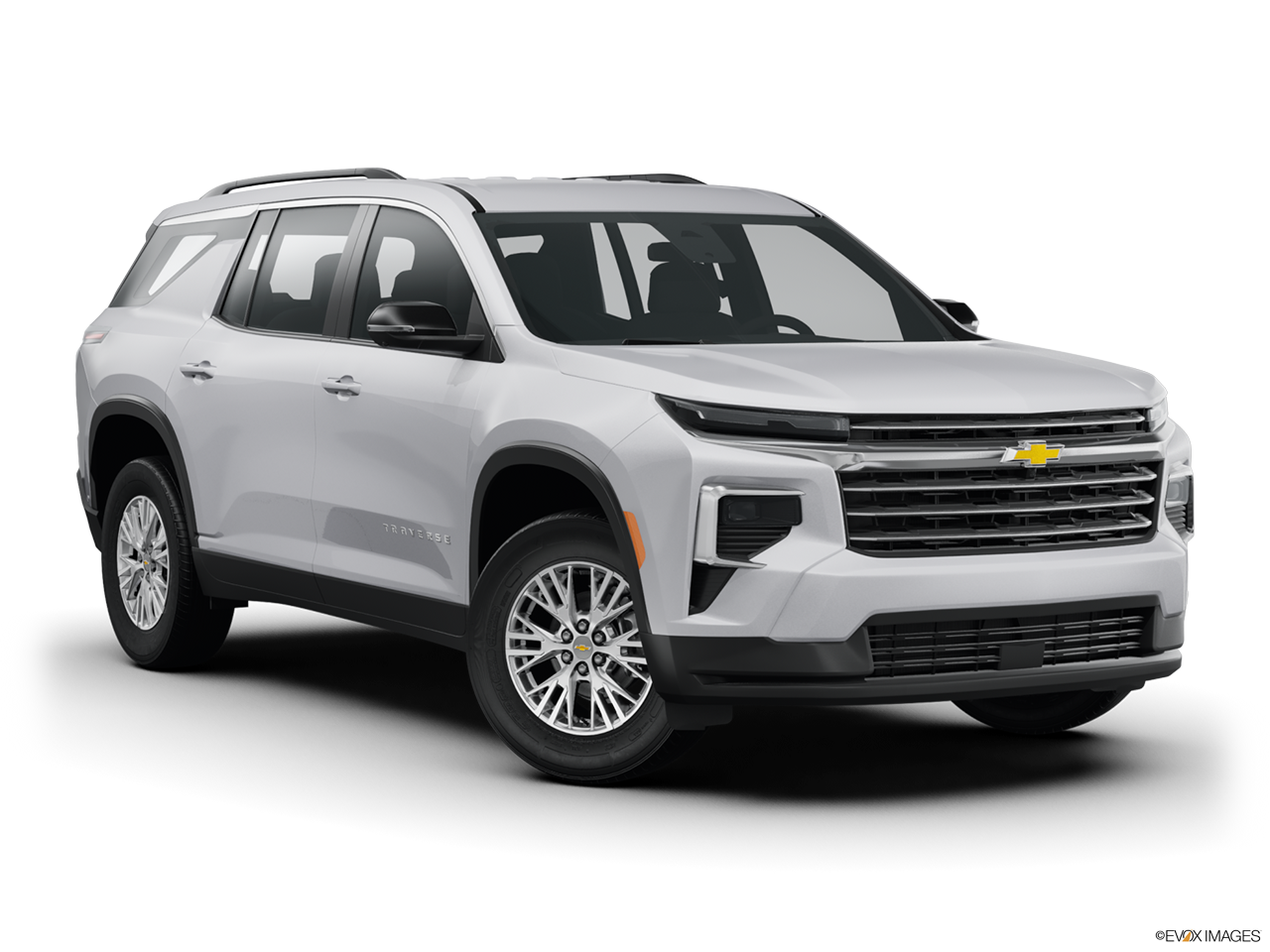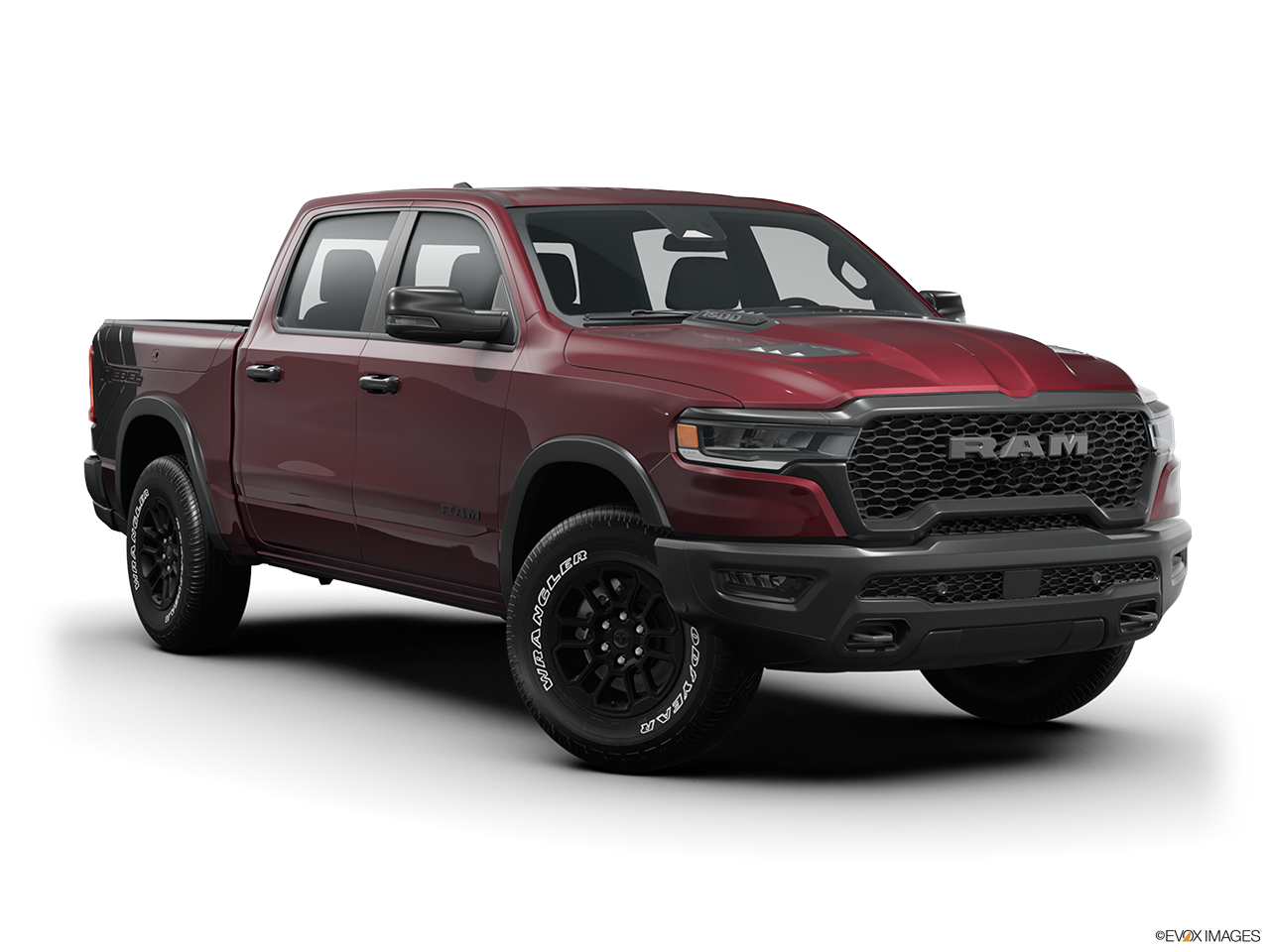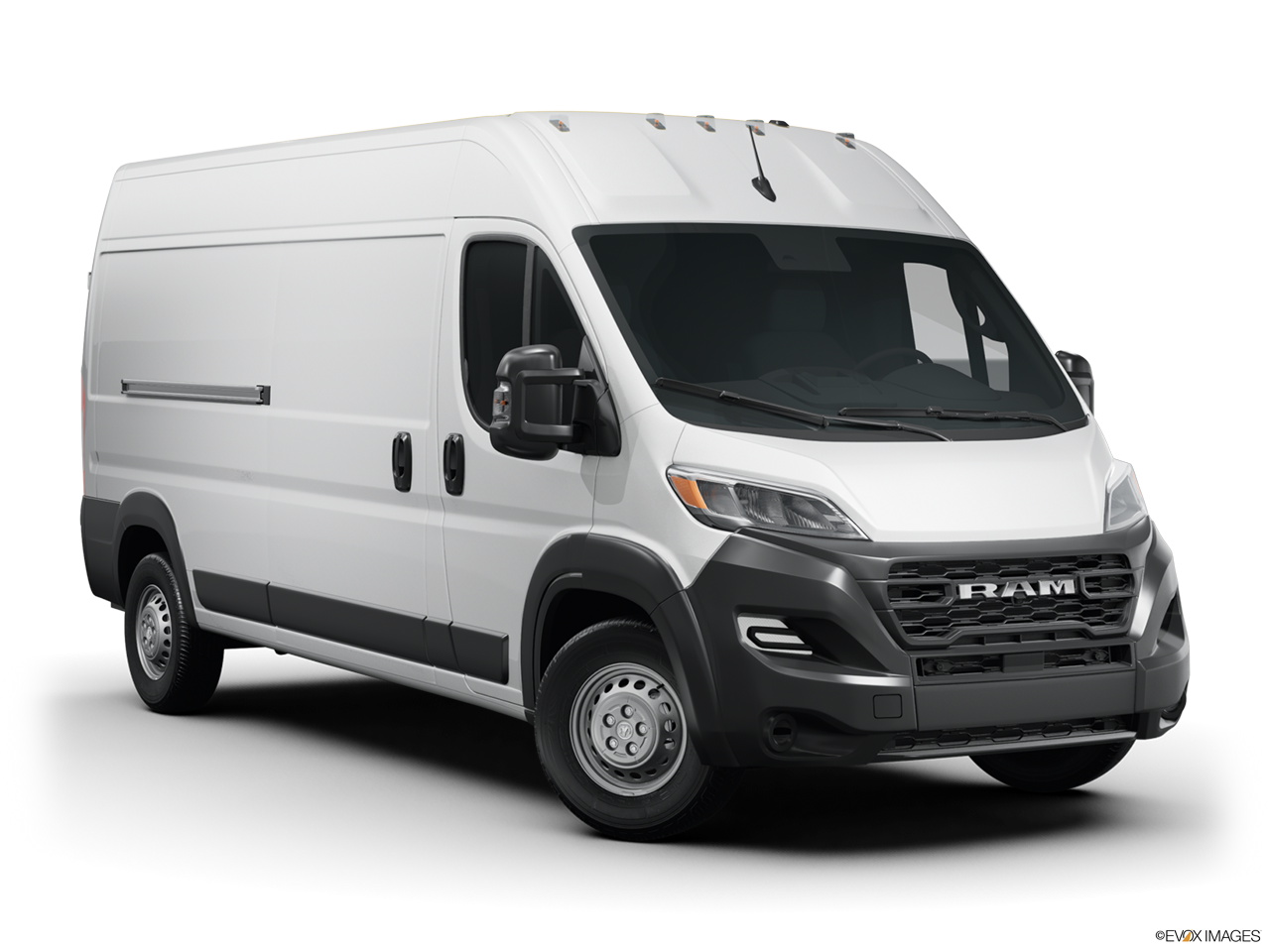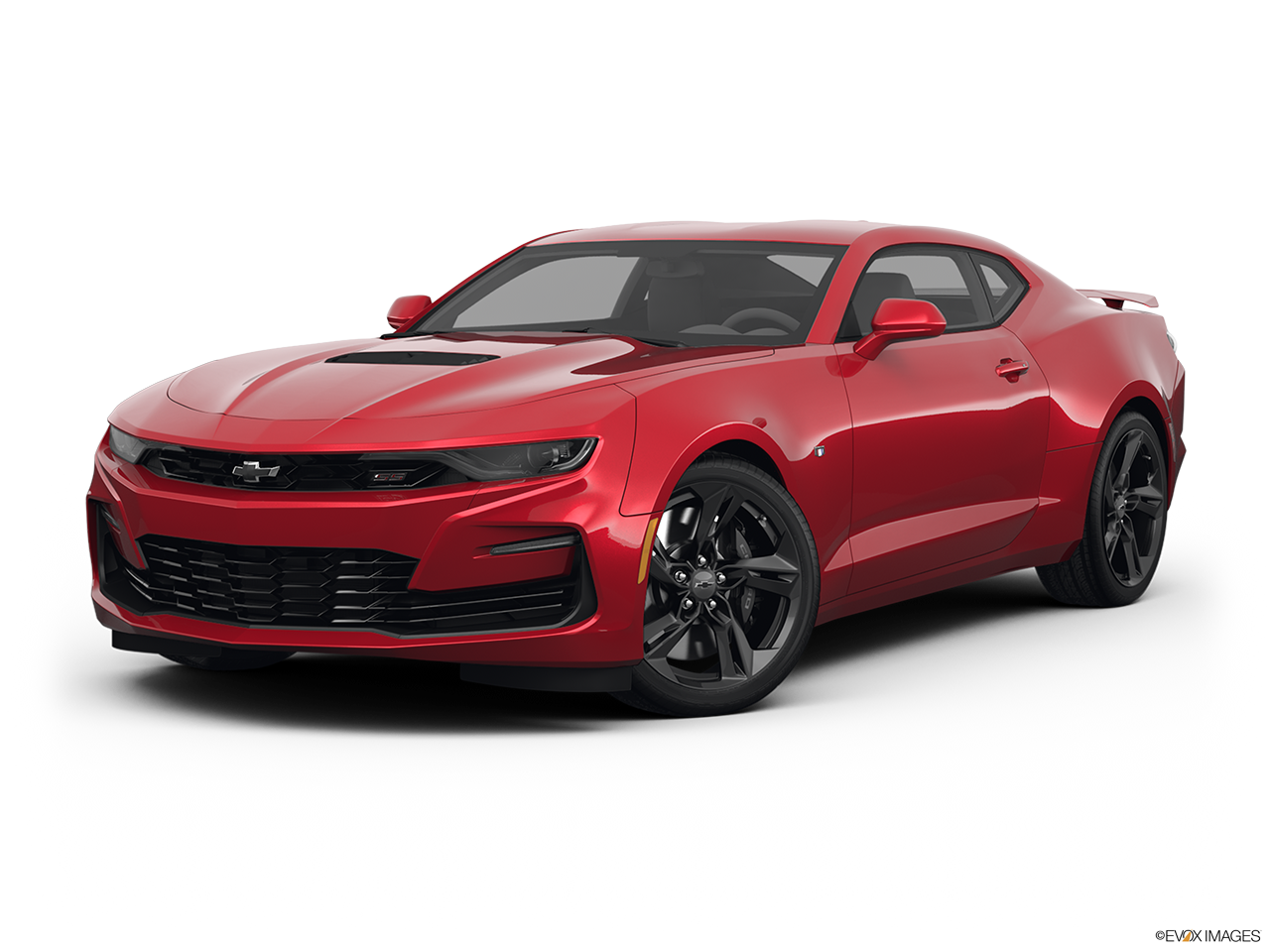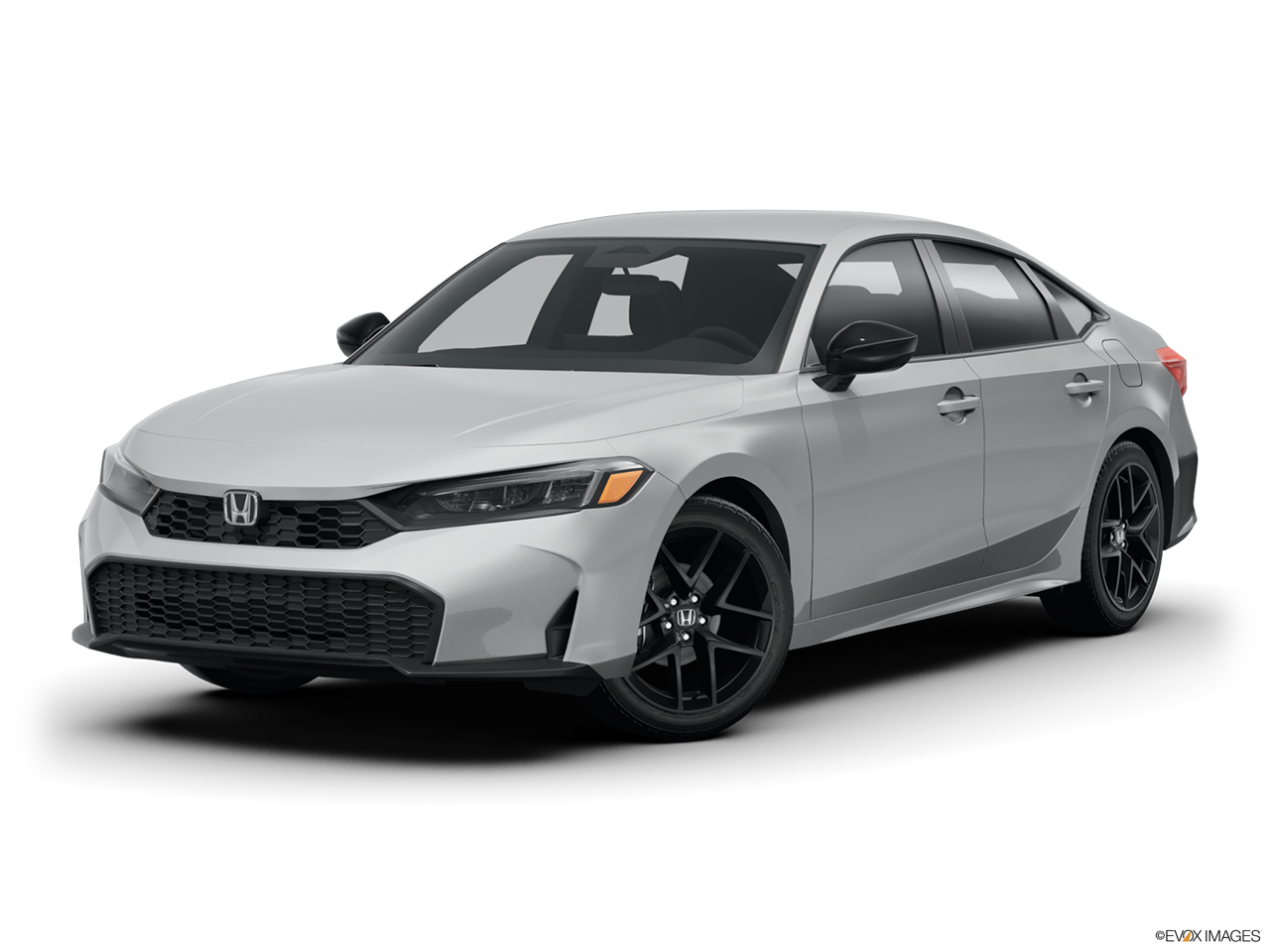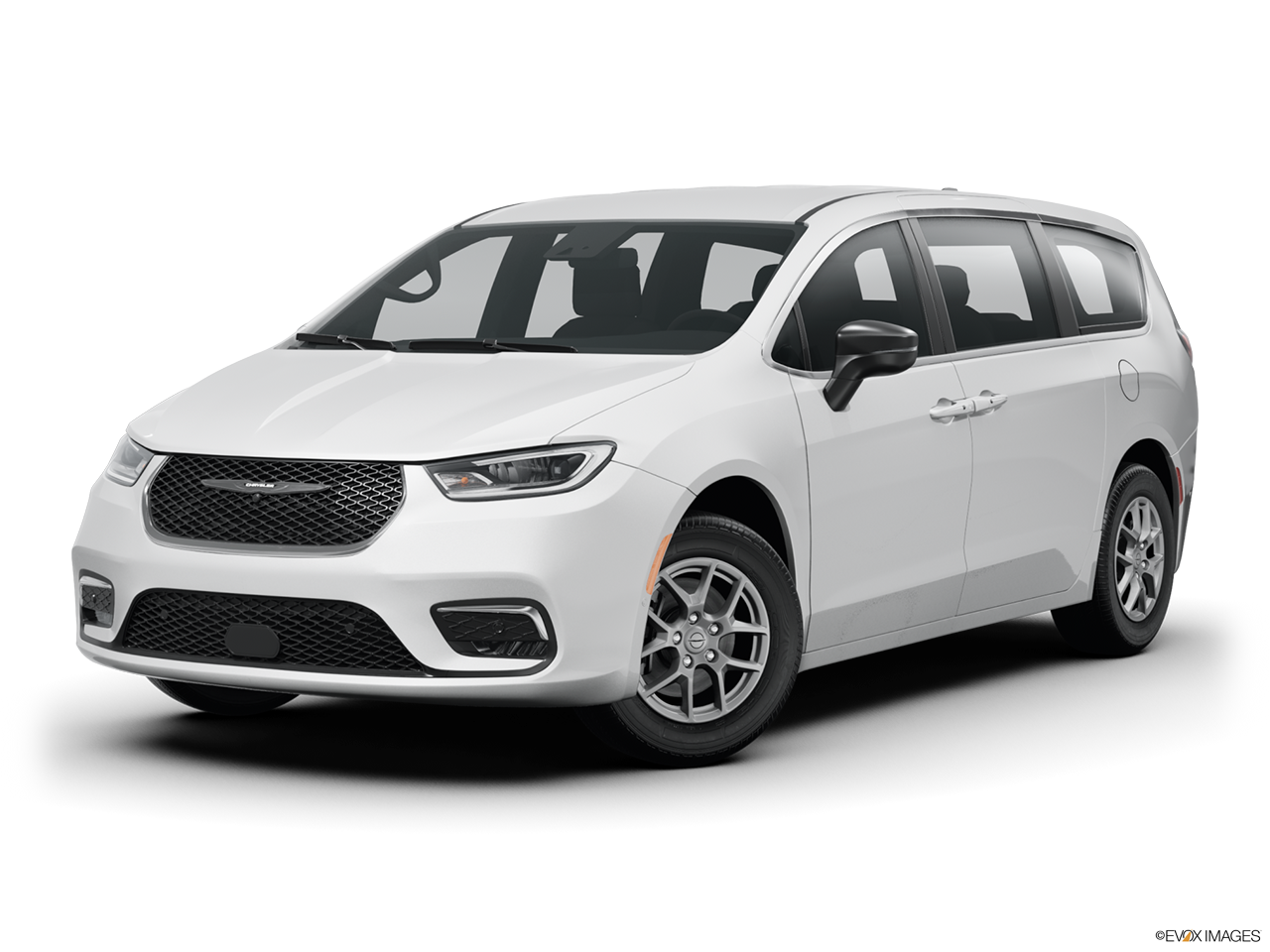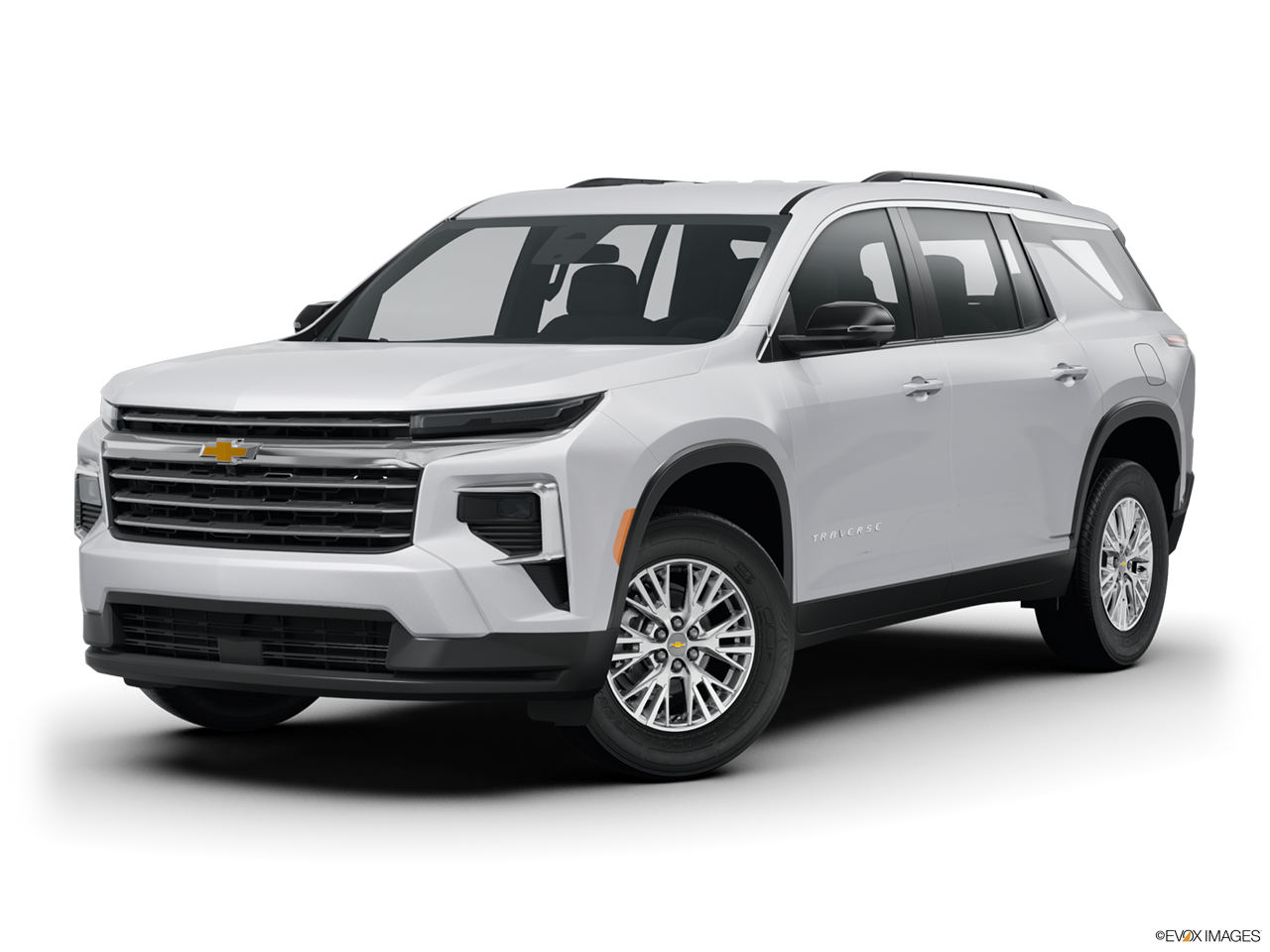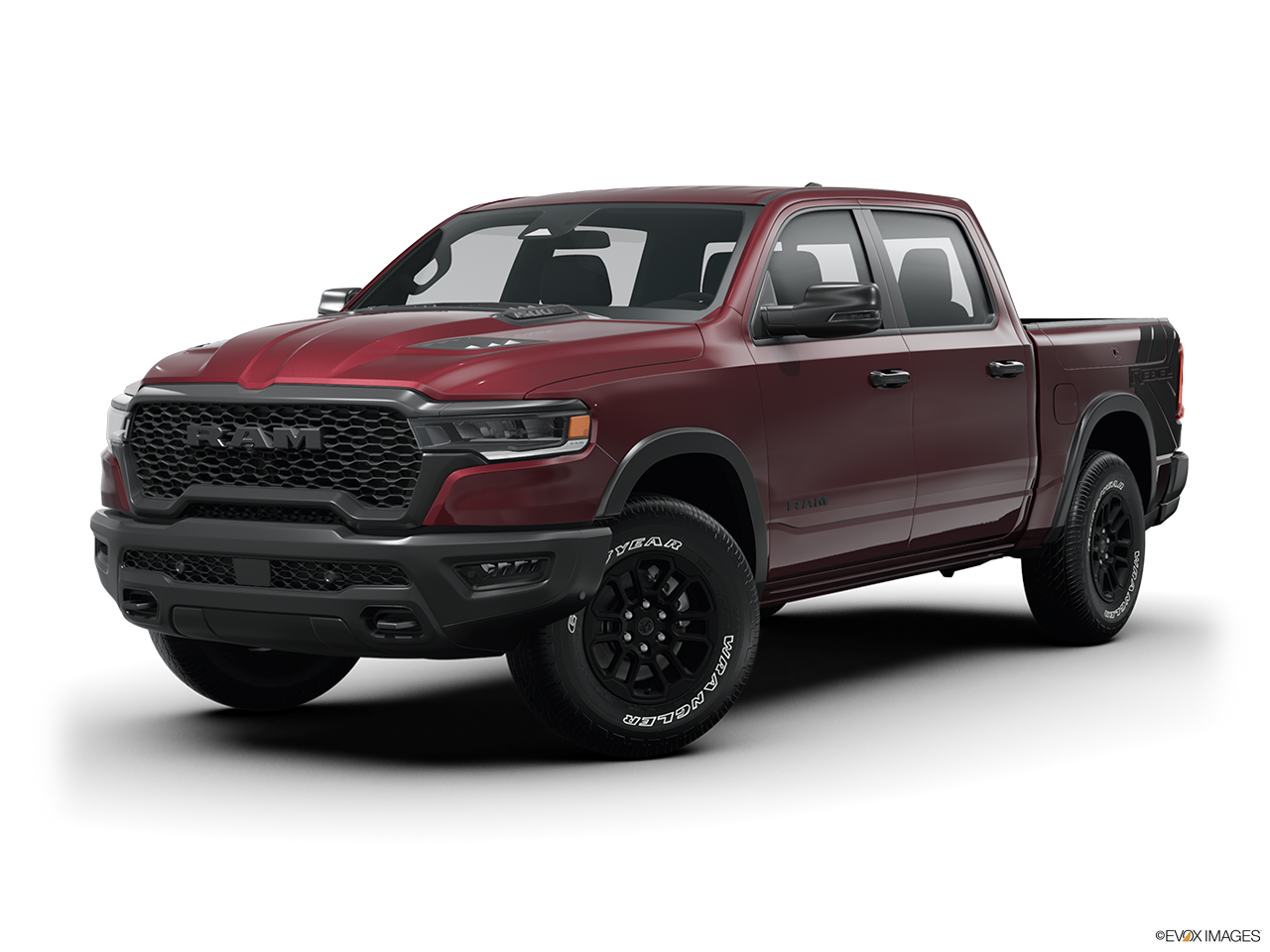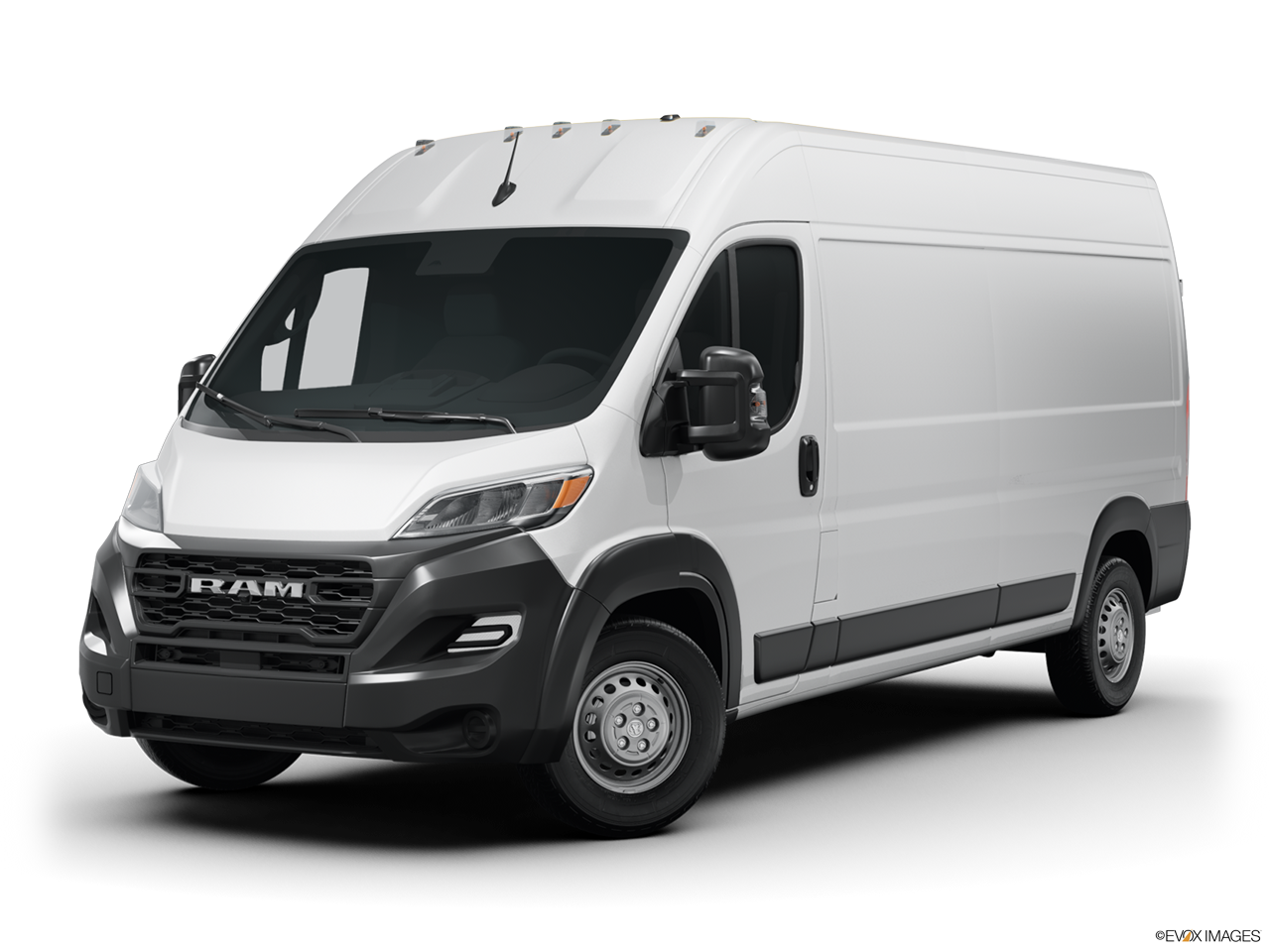Should I Trade-In My Vehicle or Sell Private Party?
By Jakob Hansen, 6/3/2020
Getting rid of your existing car is the first step in the process. What is better, trading in or sell your car?
Getting a new car is exciting! Make sure you're getting the best value available for your existing car.
Related Articles
- How To Determine Your Trade-In Value
- Invoice Pricing is the Key to Saving
- How to Get Top Dollar For Your Private Sale
For this week's Car Buying Tip, we are going to dive into trade-in vs private party sale.
Now that you know what your vehicle is worth, it's time to decide exactly what to do with it. So, do you sell your vehicle on your own or do you trade it in to a dealer? Really, what this boils down to are time and convenience, and how much of both you want to dedicate to your transactions.
Any way you look at it, you have an asset that you have invested into. Whether you are positive or negative on the vehicle doesn’t change the fact that you are sitting on (or sitting in for that matter) some cash. You need to get the most out of that to either pay off that auto loan or set yourself upright with a great downpayment.
Private Party Sale
Private party sale is when you sell your vehicle on your own. Since the dawn of the internet, private party car sales have completely changed. No longer are you listing your car in the classifieds and driving around with a For Sale sign in your window, there are now advanced web sites to list your car and have it seen by thousands of people every day looking at your specific make and model. These sites can put your car in front of thousands of potential buyers. Competitive pricing, great photos, and a good description will go far for your ad. I personally keep a sign in my window too when selling a car, you just never know who is driving by looking for a car.
Pros:
The most obvious advantage is more money. Typically, when selling your car on your own, you end up with $2-3,000 more than trading it in. This is because dealers have to still make a profit when they buy a trade-in, and will not buy it at a high price that they can’t turn around and make their money back. This increased sale price will help in many ways, getting you more for your next cars down payment, getting you closer to matching your current loan on the vehicle, or just more cash in your pocket.
Another benefit is that you have less hassle at the dealer. When you don’t have your current vehicle hanging over your head, there isn’t as much to negotiate and you can walk in with one goal in mind, buying a new car.
Cons:
Clearly, the biggest con is effort. While you may get a higher sale price, you are definitely working for your money. Selling your car can be hard work. Fielding phone calls and messages from prospective buyers, meeting in random locations for test drives and meetups, and sifting through the potential scams and time-wasters. Not getting scammed will be a topic we will cover in a future post.
When selling the vehicle on your own, you are your own private dealer. So tending to your customer's needs and demands is part of the job. However, you may sell to the first person that texts you and you may never have to deal with many of the cameras. Overall, however, putting in the effort can leave you with thousands more in your pocket, so what is your time worth? Looking at it from an hourly rate, a few extra hours could be worth a lot more than what you get paid at work.
Tips:
A few tips when selling your car online. Make sure you have high-quality photos. The best pictures show all angles of the car inside and out, and are preferably taken with a high-quality camera. Clean your car! Don’t take pictures or show your car to people with a pile of McDonald's bags in the back, your kid's car seat covered in the spaghetti you gave them while driving (please never do that!) and the exterior covered in dirt, mud and bird poop. People want to see that you took good care of your car. If you don't care enough about it to clean it when selling, you clearly didn’t care enough while you owned it. Make the car look like it just came from the detailer. You could actually get it professionally detailed if you chose to.tha The extra $100 could make you much more in the long run. Also, fix the easily fixable problems. Even small things like squeaky brakes can quickly turn a potential buyer away.
Trade-In
Now let’s jump into the other side of the coin, trading in your vehicle at the dealer. Just as private party sales, trade-ins have a set of pros and cons you’ll want to consider.
Pros:
First and foremost is ease. Trading in your car to the dealer is a far easier, quicker and painless process. No Arabian princes, no PayPal, and no random text messages asking questions that have been clearly stated in the ad. The process is simple; when you take your car to the dealer, they do a quick appraisal (sometimes that even consists of a quick test drive or a mechanic checking it out), come up with a trade-in value, and that’s that. Typically, there can be some negotiation on trade-ins as well, which does bring another negotiation tactic to the table for you, but always remember to bring up your trade-in after you settle on a final asking price. Handling the trade-in as a separate transaction will leave that power in your hands.
Very beneficial to a lot of customers as well is the time-sensitive nature of trading in. Selling your car on your own can take days, even weeks. But if you need to trade in and get a new vehicle today, trade-in is clearly the better option.
A rarely talked about benefit are the possible tax incentives as well. Depending on your state, often times you will only have to pay sales tax on the difference between your trade-in value and the asking price of the car you are buying. So if you have a lot of equity built up in your trade-in and are planning on putting that into your next vehicle, your potential tax savings could end up being worth more than the difference you would make selling the vehicle as a private party.
Cons:
Clearly, and unfortunately, the largest con is you get less for your car. Dealers have to make a profit on every trade-in, and after reconditioning, detailing, repair work, etc, they sometimes don’t have a lot of equity into the purchase from you. So trading in will typically earn you several thousand dollars less than selling on your own. But that’s just the name of the game. Other downfalls include extra time at the dealer when buying your next car, and the possible surprise of your vehicle not being worth as much as you had thought, leaving you in the hole on your current car. That’s why it’s always important to know your vehicle’s value before going to the dealer.
Conclusion
When faced with the proposition of getting a new vehicle, I sometimes stammer in the decision to trade-in or sell the vehicle on my own. I have a great deal of experience in selling cars on my own, which clearly helps my case, but even with my experience the headache of dealing with the constant calls, texts, or emails asking “How many miles?” when the miles are clearly listed in the ad gets draining. This mixed with the constant threat of scams make for frustrating work. That being said, possible earning several thousand more on the value of my vehicle is a great incentive.
My advice is to first research the value of your car, set an asking price, and toss it up on a couple of websites for at least a couple of days. After this, make your way into a dealer for an appraisal. You don’t have to trade in that day, if fact, I would recommend against it. Set clear intentions with yourself before visiting the dealer to prevent yourself from making any rash decisions. If, after several days of being patient and sifting through the calls and texts, you aren’t satisfied with the results of private party sales and don’t want to wait any longer, head into the dealer and start your transactions on getting your new car and trading in your existing car.
Remember to have patients when selling your car on your own, however. I have had cars up for sale for months on end, waiting to finally get what I am looking for out of it (typically “what I want out of it is equal to what I owe the bank). It only takes one person to buy your car, so don’t be discouraged by the lack of interest or under bids. However, always be open to the possibility of negotiations and lowering the asking price.
Overall, it’s up to you on how long you want to wait it out before finally throwing in the towel and trading in your current car. If you can wait it out, play the field for a while and see if you can get a couple thousand more as reward for your efforts. If you don’t have the time, don’t want to commit the effort, or are just simply ready to get out of your current car, taking the trade-in hit at the dealer isn’t the worst thing in the world.
|
|
Jakob is our writer with a love for all things automotive. He comes from a dealer background with experience on both sides of the fence. Knowing the system inside and out, he knows the best cars and the best deals. No matter what. |

